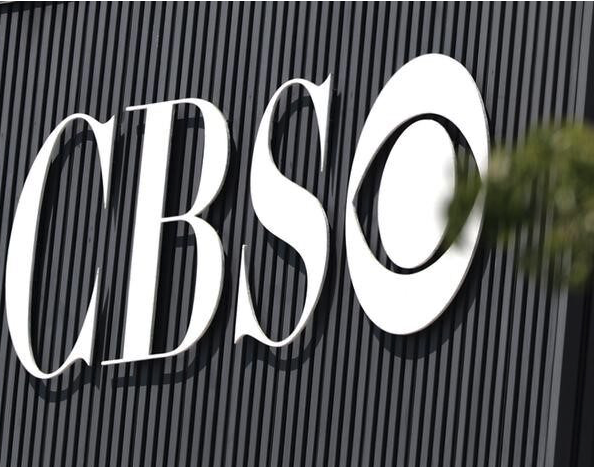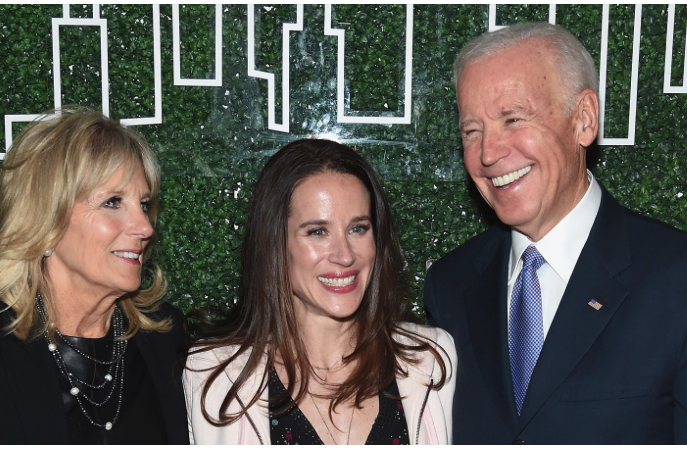The back-and-forth between President-elect Donald Trump and Canadian officials has escalated as discussions over trade tariffs and Trump’s proposal to make Canada the 51st U.S. state dominate headlines. Ontario Premier Doug Ford added a twist to the ongoing saga, jokingly suggesting that Canada should purchase U.S. states such as Alaska and Minnesota in response.
The drama unfolded following Canadian Prime Minister Justin Trudeau’s resignation announcement on Monday. Trump quickly claimed credit for the resignation, stating that his policies and proposals were making Canadians reconsider their leadership. During a press conference at Mar-a-Lago, Trump reiterated grievances about Canada’s trade practices, subsidies, and reliance on U.S. military protection, calling the arrangement “very unfair.”
Ford countered with humor, suggesting a hypothetical purchase of American states, though he later clarified on CNN that he was joking. He expressed concern over Trump’s proposed tariffs on Canada and Mexico, arguing that the true economic issue lies with China. According to Ford, Chinese goods entering North America through Mexico are undercutting jobs in both Canada and the United States. He suggested bilateral agreements as a more effective solution than tariffs.
“To the president, I’ll make him a counter offer. How about if we buy Alaska?”
You need bulldogs like Doug Ford sometimes. pic.twitter.com/sTJy8v7pfN
— David Beaudoin (@DavidABeaudoin) January 6, 2025
Meanwhile, Trump appears increasingly serious about his suggestion to incorporate Canada into the United States. On Truth Social, he claimed widespread Canadian support for becoming the 51st state, citing economic and security benefits. He argued that merging the two nations would eliminate trade deficits, reduce taxes, and strengthen Canada’s defenses against foreign threats. Trump also pointed to Trudeau’s resignation as proof of the mounting pressure on Canada’s leadership.
🇺🇸🇨🇦Jesse Waters from Fox News just destroyed Doug Ford wholly shit!😂
Doug Ford is the same guy that said “let’s cut off the gas to US”.🤦🏻♂️
— Contrarian (@ContrarianTribe) January 8, 2025
Canadian officials have dismissed the idea. Premier Ford declared that such a proposal would “never, ever happen” under his watch, describing Trump’s comments as characteristic humor but ultimately unrealistic. Canadian Member of Parliament Charlie Angus responded sharply, pointing to Canada’s democratic principles and taking aim at Trump’s legal controversies, including a recent court ruling upholding liability in the E. Jean Carroll case.
Trump’s proposals include a 25% tariff on Canadian and Mexican goods as part of his strategy to address the migrant and fentanyl crises. The announcement led Trudeau to meet with Trump at Mar-a-Lago to discuss the potential economic impact. Trudeau reportedly warned that the tariffs could devastate Canada’s economy. Trump countered by suggesting statehood for Canada as a way to bypass tariffs altogether.
The political fallout has revealed divisions within Canada’s Liberal Party, with Trudeau’s resignation attributed in part to disagreements on how to handle Trump’s policies in a second presidential term. Trudeau will remain in office until his party selects a new leader. In the meantime, polls indicate that the Conservative Party, led by Pierre Poilievre, is poised to regain power in Canada’s upcoming general election.
Trump has expressed support for Poilievre, noting that their views align more closely than those of Trudeau’s government. Poilievre credited Trump’s influence with Trudeau’s resignation, calling the move a relief for many Canadians dissatisfied with Liberal leadership.
As these cross-border tensions continue, it remains unclear how the incoming Trump administration and Canadian officials will navigate their increasingly complex relationship. Both sides, however, seem eager to assert their positions in what has become an unusual and highly publicized dispute.




